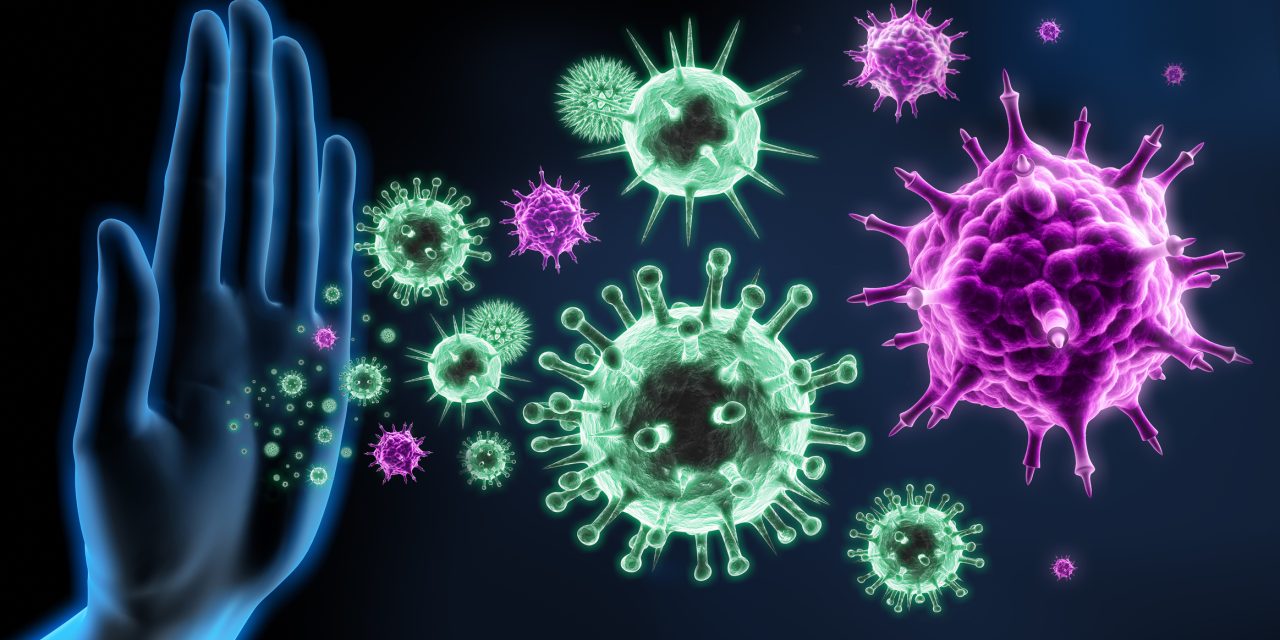Zika remains an epidemiological threat in Latin America, including the Dominican Republic. Although transmitted by the same mosquito as Dengue and Chikungunya, Zika is unique in the potentially harmful consequences for babies born to women infected during pregnancy. Experts highlight the feminization of Zika, in terms of burden of disease and women’s caregiving responsibilities. Understanding gender’s role in Zika prevention, therefore, is key to strengthening current and future programs.
This qualitative study, comprised of 12 focus group discussions and eight in-depth interviews, explored gender’s role in Zika among pregnant and non-pregnant women as well as male partners of pregnant women in the Dominican Republic. Topics included perceptions about Zika and perceived feasibility and effectiveness of prevention behaviors (e.g. cleaning water storage containers, using condoms during pregnancy). Researchers applied grounded theory through a process of deductive coding-classifying data around predetermined categories-followed by inductive coding-identifying themes that emerged from coded data. Study findings uncovered three ways in which gender may influence Zika prevention. First, women are largely responsible for household chores-including cleaning water storage containers-with men as assistants. Second, men described their role in the family as the protector. Finally, men and women believed that partners would perceive suggesting condom use or abstinence during pregnancy as a sign of infidelity.
Current/future Zika programs should address knowledge gaps, especially around water storage cleaning techniques and sexual transmission. Programs should also integrate gender into programming in culturally-relevant ways that avoid reinforcing stereotypes. Furthermore, programs should tailor activities for men, women, as well as the couple. In the end, integrating gender in a way that is mindful of the local context while not exploiting existing gender roles is critical for preventing Zika and similar mosquito-borne diseases, both in the Dominican Republic and throughout the region.
The role of gender in Zika prevention behaviors in the Dominican Republic: Findings and programmatic implications from a qualitative study.


